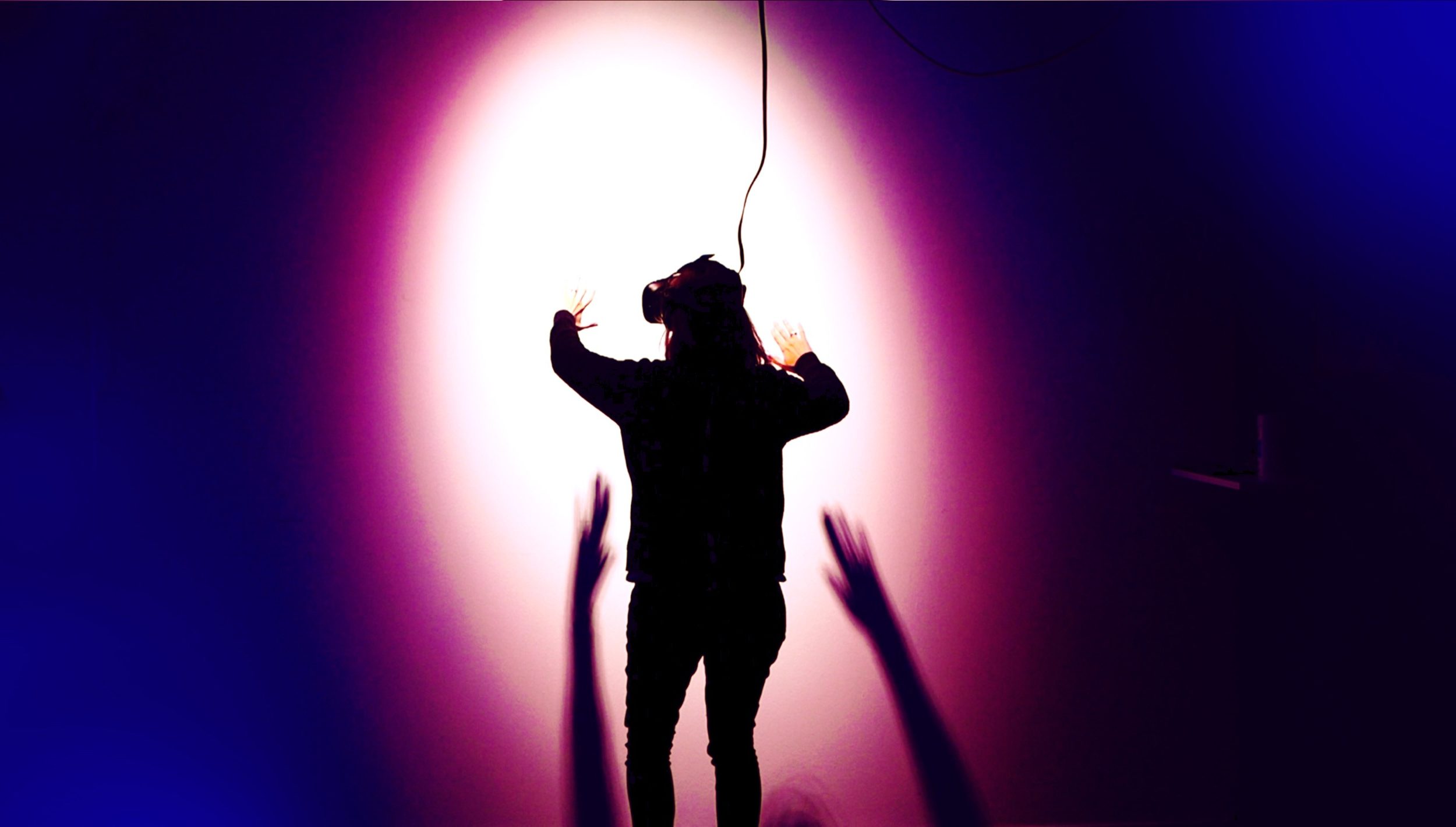What happens when you cross AI and VR? Sorry, but you get a riddle that doesn’t have a joke at the end. Actually what you get is NeuroVR. A surgical simulator and assessment platform all bundled into one. It’s a model poised to greatly impact education. NeuroVR isn’t an anomaly. It signals the beginning of virtual mentors that will be ubiquitous in society.
AI will soon be mentoring all types of skilled professionals. After all, this isn’t rocket science…
It’s neurosurgery, with NeuroVR
Developed by CAE, NeuroVR is a virtual reality surgical simulator. VR simulates the operating room while algorithms make assessments.
Researchers recruited fifty participants from four stages of neurosurgical training; neurosurgeons, fellows and senior residents, junior residents, and medical students. The participants performed 250 complex tumor resections using NeuroVR.
Futurity
Using the raw data, the machine learning algorithm developed performance measures such as instrument position and force applied, as well as outcomes such as amount of tumor removed and blood loss, which could predict the level of expertise of each participant with 90% accuracy.
As reported in the Journal of the American Medical Association, the findings show that the fusion of artificial intelligence and virtual reality neurosurgical simulators can accurately and efficiently assess the performance of surgeon trainees.
While NeuroVR isn’t directly teaching anyone yet. It’s not hard to imagine the evolution of this assessment platform.
Ideally, NeuroVR frees up a lot of time that human mentors normally spend working with trainees. In a way, NeuroVR reminds me a lot of flight simulators – a technology that has been assessing the skills of pilots for decades.
Personally, I find it quite inspiring that the metaverse is being used as a training ground for professionals. And it makes me wonder who else might benefit from virtual mentors.
Virtual Mentors
I think trade schools could benefit from virtual mentors and VR applications for learning.
An unprecedented skilled labor shortage exists… Skilled trades (electricians, carpenters, welders, bricklayers, plasterers, plumbers, masons and more) have maintained the No. 1 position in vacancies from 2010 to the present.
Brenda Richardson, The Washington Post
A shortage of tradesmen combined with most trade’s relatively automation-proof status means that we need to train more human tradesmen.
Mentorship in VR might add a little bit of splash and excitement to learning a trade. Who knows, maybe kids will put down Fortnite and pick up a plumbing wrench in VR. Wow, now I sound like my grandpa.
Also, I don’t think virtual mentors need to be limited to hands-on jobs. Corporate trainees could benefit from a virtual mentor.
For instance, a company called Talespin created a VR application where managers can practice firing employees. Their VR characters react to your message accordingly, helping you learn the soft skill of letting someone go.
Ideally, other corporate virtual mentors could be created to assess one’s interpersonal communication skills in the corporate setting. It sounds laughable, but everyone knows how frustrating office etiquette and politics is.
Is This Necessary?
Culturally, what does it mean to have an algorithm assess our abilities?
Traditionally, these mentorship or coaching roles are great for older professionals. They’ve operated in their field for 30-35 years and the final 5-10 years they’re in an advisory position – coaching the next cohort of professionals.
Are we taking that role and that joy away from them?
I’d say in the past generation or two, we’ve decreased the emphasis on looking toward our elders for experience. Not because we don’t trust them. But because the landscapes and our knowledge is changing. Industry seems to be evolving faster than ever.
This means that using AI-powered coaches and virtual mentors may be better suited to adapting rapidly to what needs to be taught.
